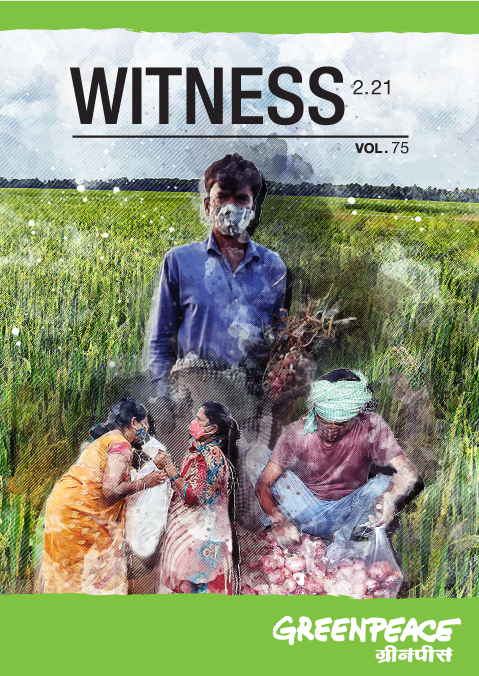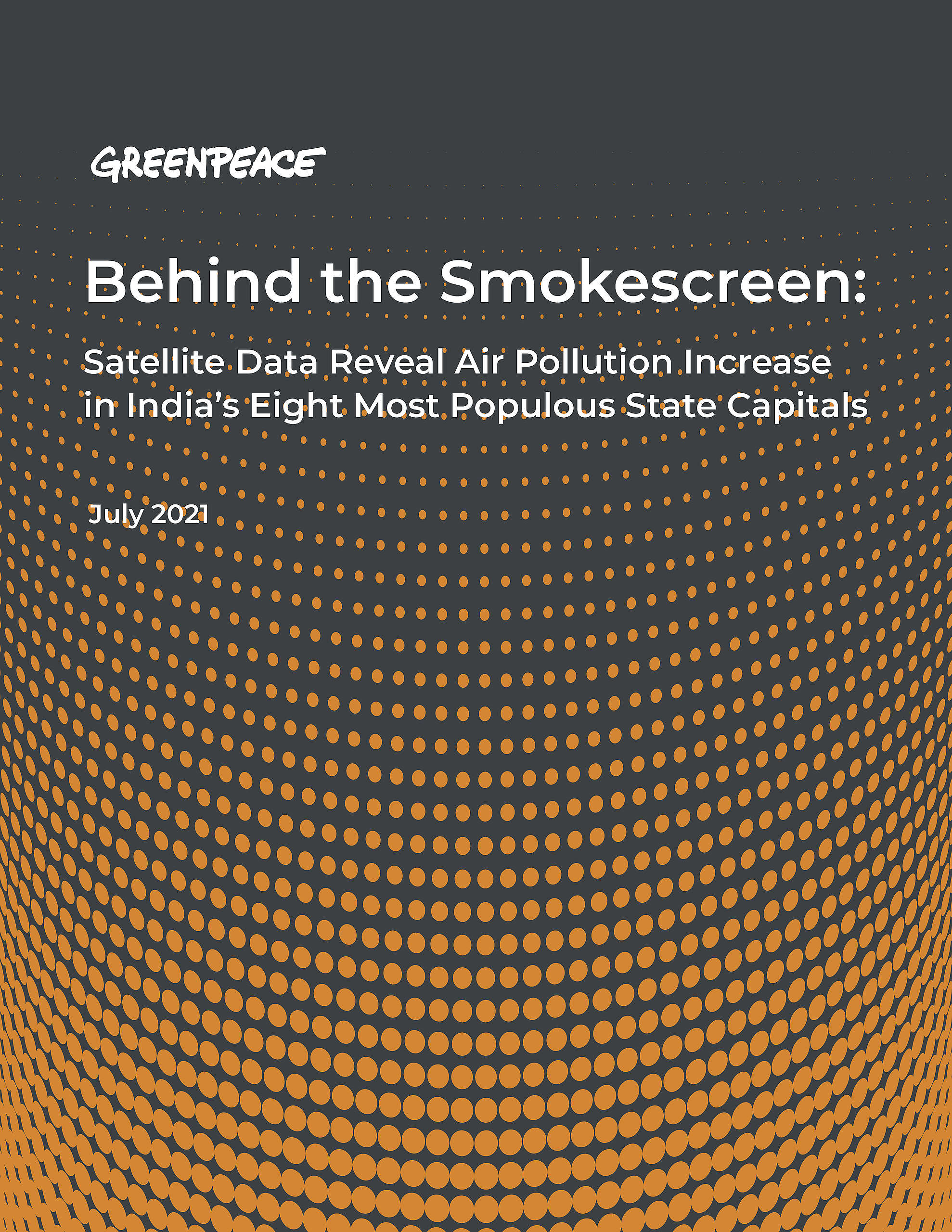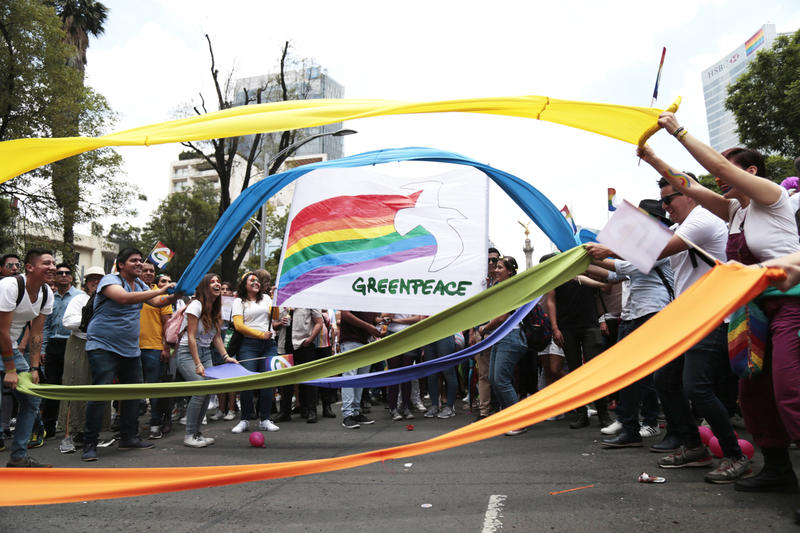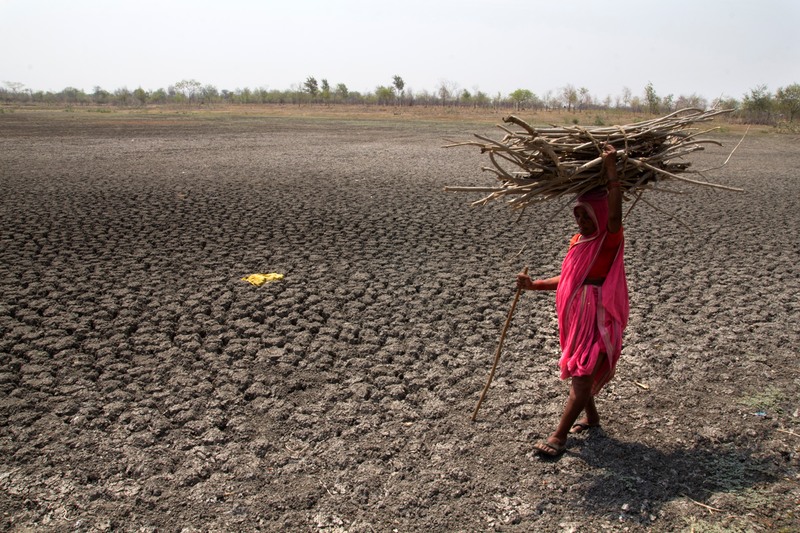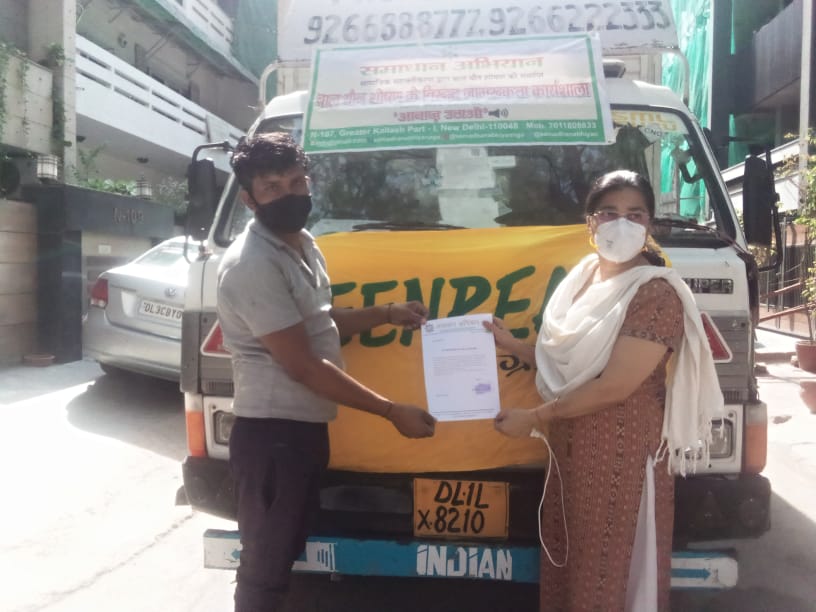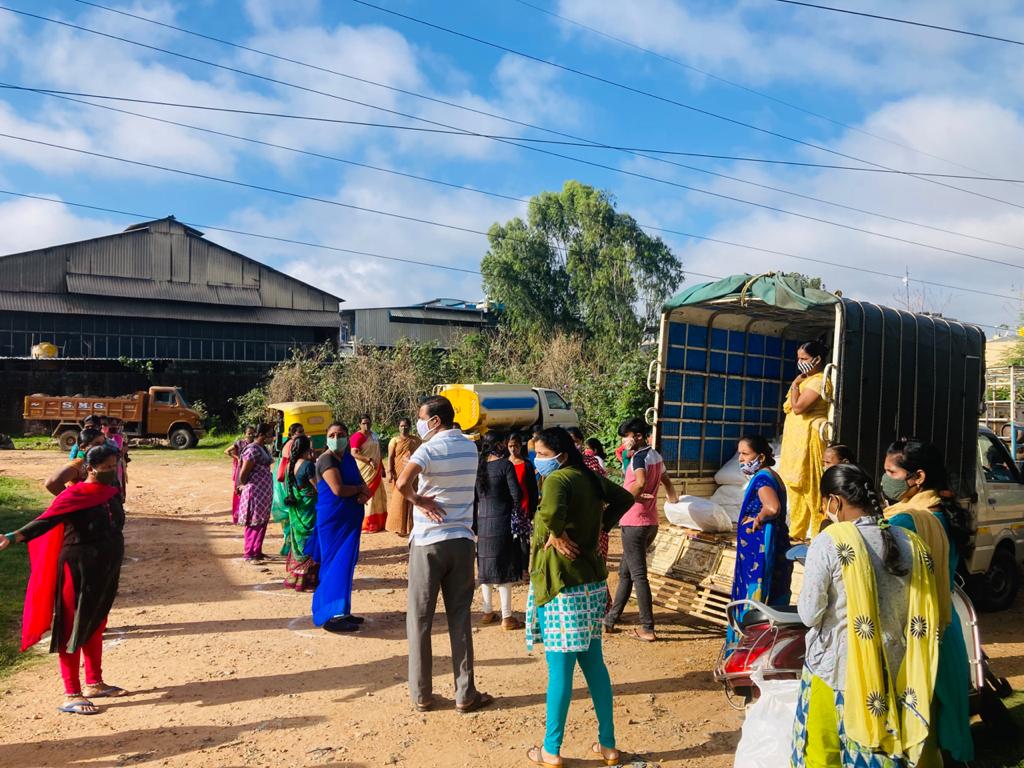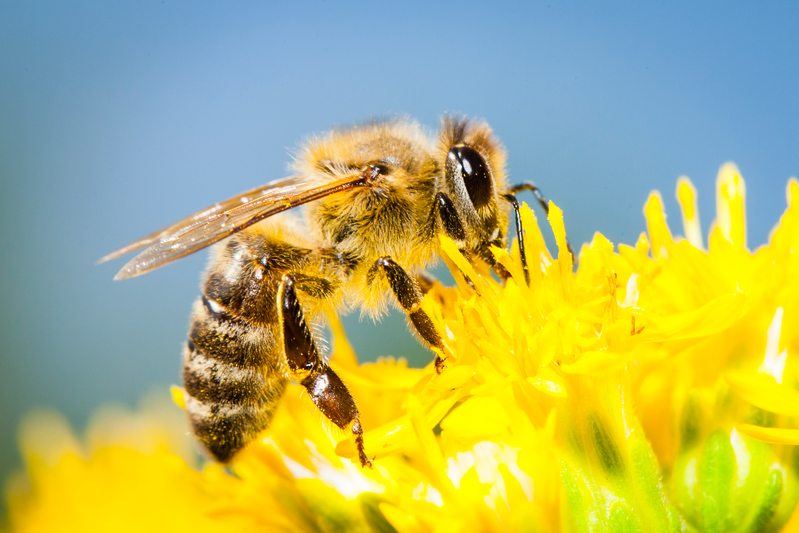-
Witness 2.21
As the second wave of Covid-19 hit India, the Circle of Solidarity sprung into action again to support vulnerable communities. Read about our efforts to build resilience against future crises.
-
The national capital Delhi witnesses an unprecedented spike of 125% in NO2 pollution
Delhi observed the most dramatic increase among all the eight Indian cities studied - Mumbai, Delhi, Bengaluru, Hyderabad, Chennai, Kolkata, Jaipur and Lucknow
-
The national capital Delhi witnesses an unprecedented spike of 125% in NO2 pollution
This report analyze satellite observations of the air pollutant nitrogen dioxide (NO2) in the 8 capitals of Indian states or union territories with more than 2 million inhabitants in the 2011 census of India (Census of India 2011). The report reveals that levels of toxic NO2 air pollution have rebounded in 8 Indian state capitals…
-
Pride and Prejudice
The LGBTQI movement teaches us a lesson or two about fighting for a just, inclusive, tolerant and equitable society.
-
Biodiversity rich soil has the solution for desertification and droughts
The World Day to Combat Desertification and Drought is observed every year to promote public awareness of international efforts to combat desertification.
-
Circle of Solidarity 2.0: Zamrutpur’s journey from sustainable dry rations kits to sustainable mobility
The devastation the second wave inflicted on the communities was different from the first wave and there were less civil society groups up for volunteering.
-
Circles of Solidarity 2.0 – Bengaluru chapter
Circles of Solidarity 2.0 is about farmers, allies, garment labourers, domestic workers and Greenpeace supporters coming together.
-
THE BIODIVERSITY OF INDIA
Earth is the only known habitable planet in the solar system and that is due to rich, complex and sensitive biodiversity. Biodiversity refers to all the variety of life found on Earth
-
World bee day – Observing the decline of native bees
Many of you reading this would have thought of bees as pesky insects at some point in time. You would have been bothered by the formation of beehives in your highrise building in cities.
-
Voice from the Frontline: Overstretched nursing staff demand governments to address their job uncertainties
International Nurses Day marks the anniversary of the birth of Florence Nightingale, fondly known as the 'Lady with the Lamp'.

